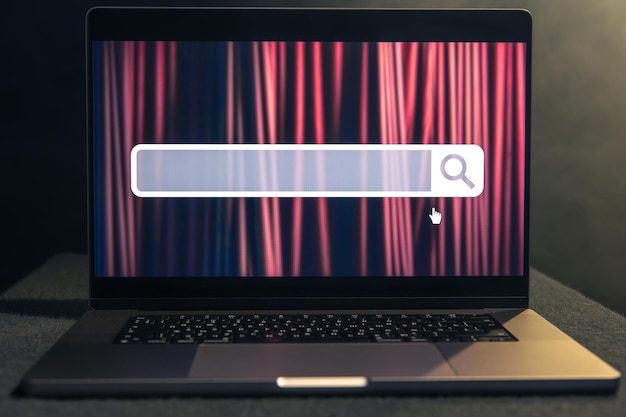
This post is part of a 30-day series called the 30 Steps Program to Financial Independence.
I have zero experience with DIY projects. What I do know is the cost of not knowing DIY basics. For instance, I once got so angry and accidentally locked myself in my room. The locksmith who came to unlock the door in five minutes charged me $200. Already upset, I became even more frustrated when I heard the amount. I couldn’t help but think that I could have done it myself.
While it’s true that you might not always have the tools or skills, handling small tasks like fixing a faulty wire or changing a door lock can save you a significant amount of money. Plus, it gives you a sense of accomplishment.
Determined to change things, I decided to prioritize learning DIY skills. There are countless well-made videos available online that can teach you everything, from painting a wall to tiling a bathroom. Unless a task is very technical and has the potential to be extremely costly if done incorrectly (like dealing with plumbing), it’s worth looking into it. Even if you eventually decide not to do it yourself, you’ll have a better understanding of the task and can negotiate a better price with contractors.
My ultimate goal is to fix up my house. I’m starting to explore properties to buy, especially those needing significant improvement, as the ready-to-move-in ones are beyond my budget. It’s a daunting challenge, but the rewards are significant. My path to financial independence will require these skills. Every dollar saved by not hiring a contractor isn’t just money towards early retirement; it’s a skill I can use repeatedly, saving me money multiple times.